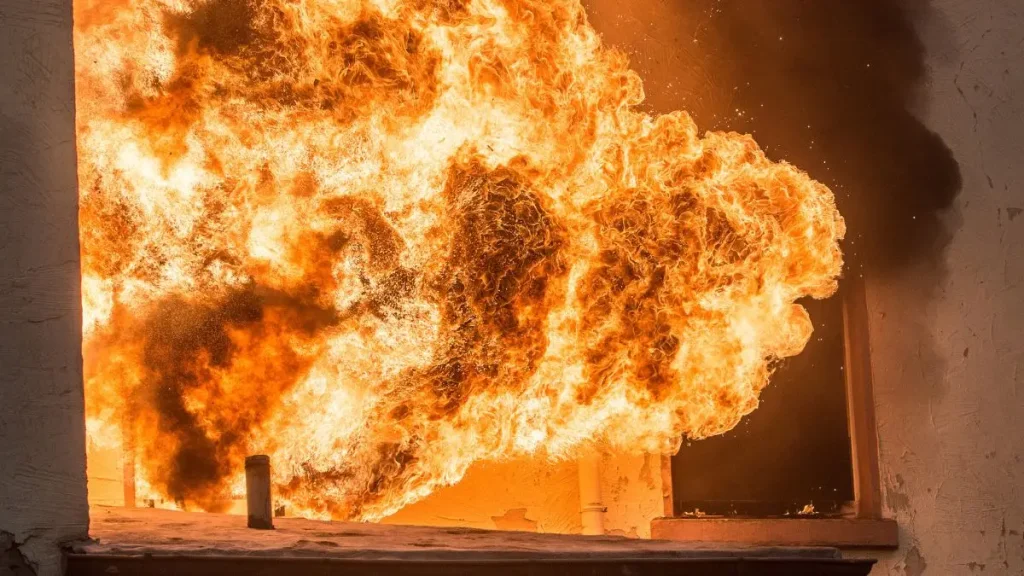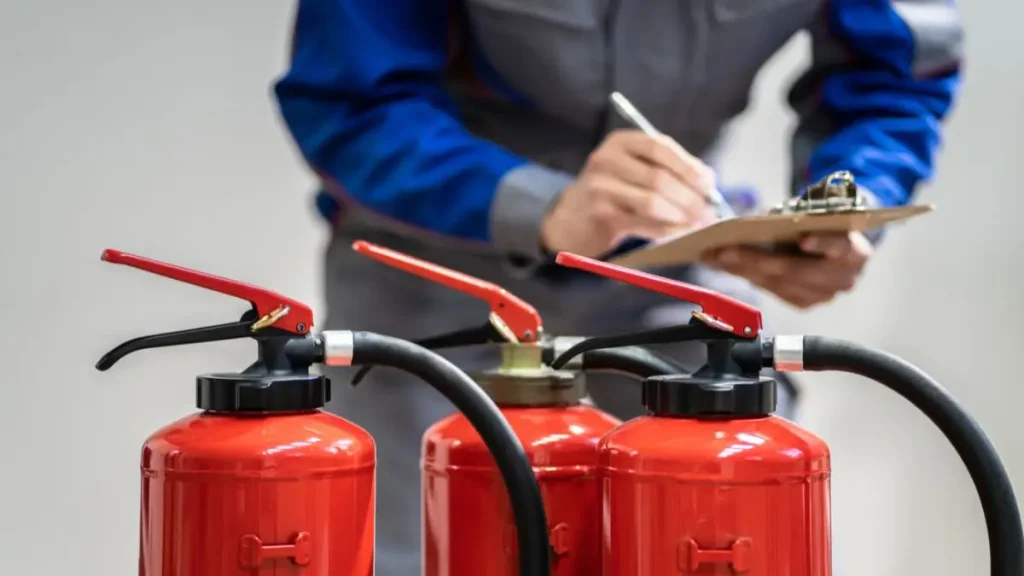Tragic Maryland House Fire Claims Life of 11-Year-Old Boy
I can’t stop thinking about how quickly life can change in just a few minutes. Around 4:20 a.m. on Friday, firefighters in Parsonsburg, Maryland, were called to a home on Zion Road. By the time crews arrived, the house was already engulfed in flames.
Three adults managed to escape and told responders that a child was still trapped inside. Firefighters pushed through heavy fire conditions, but despite their efforts, an 11-year-old boy was pronounced dead at the scene.
Officials later said the blaze likely started at the back of the home. The damage was devastating—close to $300,000—but the true loss goes far beyond numbers. Smoke alarms inside the house had gone off, yet it wasn’t enough to save the young life inside.
When you read this, what’s the first thought that comes to your mind—fear, sadness, or the question: could this have been prevented?
Voices of Grief and Caution — What Officials Are Saying

When I read the words from Acting State Fire Marshal Jason Mowbray through CBS News, I could almost feel the weight behind them: “The loss of a child in such a tragic manner is devastating beyond words.”
It’s not just a press statement—it’s a reminder that even those who investigate fires for a living aren’t immune to the heartbreak of moments like this. Mowbray also urged families to check smoke alarms monthly and practice home escape plans. He stressed that these small steps can make the difference when seconds count.
I find this powerful because it’s not abstract advice—it’s a plea made in the middle of a real tragedy. And it forces us to ask: when was the last time we actually practiced a fire drill at home?
We’ve also seen how neighbors and first responders come together—like in Dauphin County, where a mobile home fire killed pets but rescuers managed to save a woman. It’s a reminder that community support makes recovery possible.
What Investigators Know So Far
As of now, the cause of the fire hasn’t been determined. Investigators believe it began at the rear of the home, and while smoke alarms did activate, they weren’t enough to save the boy.
The Maryland State Fire Marshal’s Office, along with local authorities, is digging into the exact cause. According to FOX5 DC, the damage was so severe that parts of the home were destroyed beyond recognition.
That detail matters—because it shows how quickly a blaze can take over, even in a house with working alarms. Fires don’t wait for anyone.
Just a few weeks ago, a fire in Pottawatomie County destroyed a home in the early morning hours. The family survived, but it proved once again why having escape plans ready matters.
Maryland’s House Fire Reality Check
One thing I’ve noticed is that most news reports stop at “here’s what happened.” But the bigger picture matters too. In Maryland, fire deaths actually dropped by nearly 13% in 2024—73 compared to 84 the year before. Still, that’s more than six dozen families mourning someone they lost.
The troubling part? Nearly 8 out of 10 fire deaths happened inside homes, most often in bedrooms or living spaces. And the leading cause wasn’t faulty wiring or cooking mishaps—it was smoking materials, according to the Fire Marshal’s annual report.
So yes, the numbers are “down,” but the risk is still very real, especially when simple habits like smoking indoors continue to spark deadly blazes.
For quick updates on fire incidents and safety alerts in the U.S., I often share short notes through a WhatsApp channel—it’s an easy way to stay informed without waiting for the evening news.
Remembering Other Recent Maryland Tragedies
If this Wicomico County fire feels haunting, it’s because it comes so soon after another. In early August, six people—including four children—died in a Charles County fire.
It was called one of the deadliest Maryland house fires in over a decade.
The pattern is hard to ignore. Different counties, different families—but the same outcome: homes going up in flames overnight, loved ones gone in minutes.
When you connect the dots, it stops being “just another story” and becomes a wake-up call.
Sadly, this isn’t just a Maryland problem. In Iowa, a house fire in Des Moines’ west side left two dogs dead, showing how quickly even pets can be lost in these emergencies.
Fire Safety Lessons Every Family Can Take Away

I don’t believe in scaring people just for the sake of it. But if a single life can be saved because someone took action after reading this, then this tragedy won’t be in vain.
Here are a few lessons we can all put into practice:
- Check smoke alarms every month. Don’t just assume—they fail more often than you’d think.
- Plan two exits from every room. A hallway may be blocked, so always have a backup.
- Do family fire drills. Yes, even if it feels silly—it works, especially for kids.
- Set a meeting spot outside. Everyone should know where to gather once out.
- Be mindful of smoking materials. Since they’re the top cause, this alone could cut deaths dramatically.
If you want a step-by-step checklist, the NFPA (National Fire Protection Association) has a simple home escape plan you can download and stick on your fridge.
What fire safety steps do you already practice at home, and what will you add after reading this? Share your thoughts in the comments—I’d love to know.
Community Support and Moving Forward
In the middle of all this loss, one thing gives me a little hope—the way communities rally after tragedy. The American Red Cross is already helping the Parsonsburg family with immediate needs like shelter and support. But beyond that, neighbors, local churches, and even strangers often step up in times like these.
Here’s where you and I come in. It’s not just about reading a sad headline and moving on. You can check with your local Red Cross chapter about how to donate or volunteer. Sometimes fire departments also run community safety events—you might not think showing up matters, but it does. Even sharing fire safety resources with a friend or family member could make a difference.
Every tragedy leaves a question hanging: what can we do now? The answer isn’t always huge donations or grand gestures. Sometimes it’s as simple as checking your smoke alarm tonight, or talking to your kids about how to get out if there’s ever a fire.
Would you feel prepared if a fire broke out in your home at 4 a.m.?
If you want to read more real stories and lessons from recent house fires, visit our website Build Like New for insights that could make your family safer.
Disclaimer: This article is based on information from official reports and trusted news sources. Details may change as investigations continue. It is intended for awareness and safety education, not as an official investigation update.


